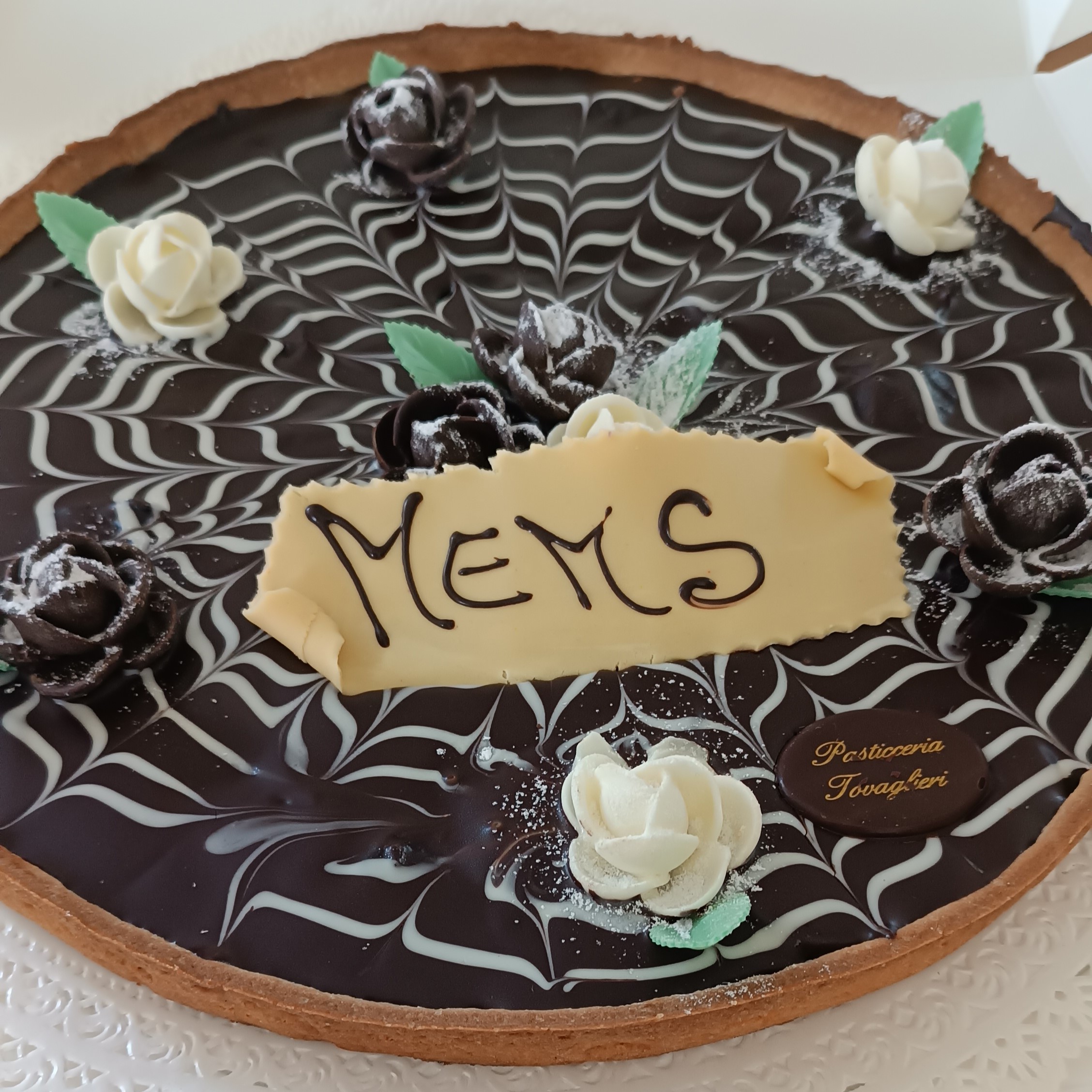
The instrument is dedicated to the electromechanical characterization of MEMS sensors. Without the need of any interface board,
it easily delivers relevant information about the MEMS under test (rest capacitance, stationary CV curves with pull-in and pull-out,
resonance frequency and Q factor time-domain and frequency-domain analysis).
Dedicated LabVIEW routines are developed for the characterization of fatigue, adhesion phenomena, quadrature error evaluation in gyroscopes,
and nonlinearity characterization of resonant structures.
The system includes the generation of single-ended or push-pull driving stimuli up to 40 V and 500 kHz, and a differential capacitive or piezoresistive readout.

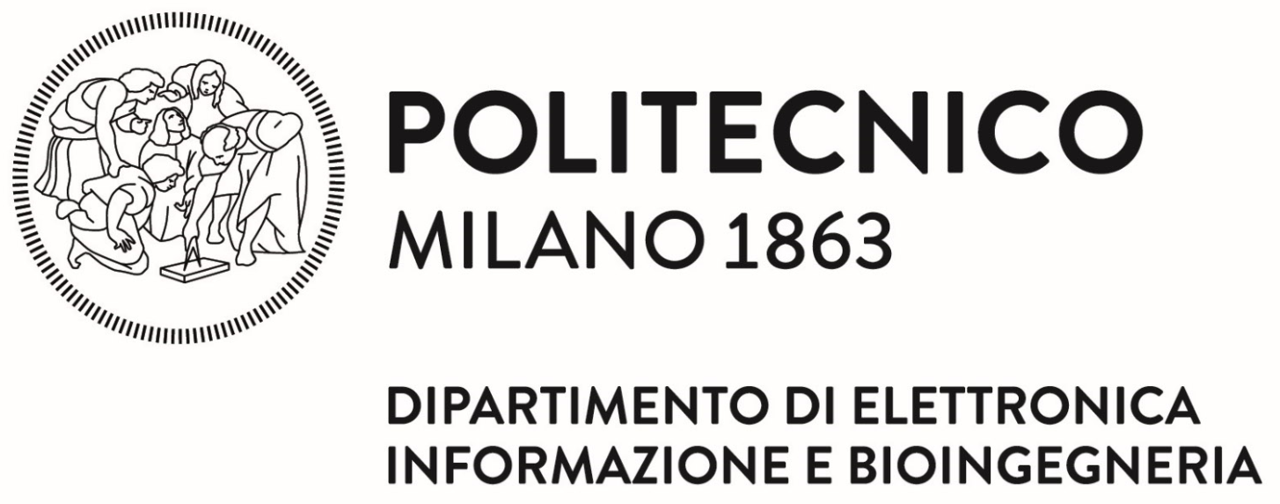
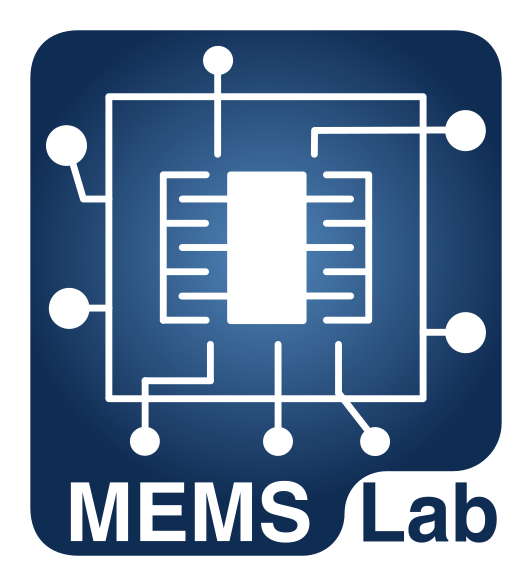
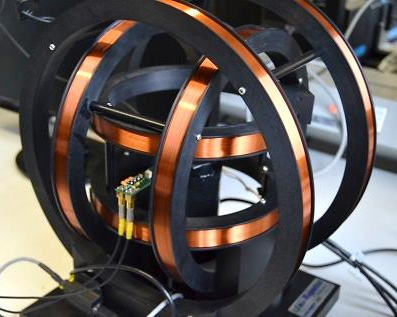 The instrument is based on Helmholtz coils with capability of generating DC or slowly ramping fields up to 70 G (7 mT) and AC fields up to 20 G (2 mT) and 200 Hz frequency.
The instrument is based on Helmholtz coils with capability of generating DC or slowly ramping fields up to 70 G (7 mT) and AC fields up to 20 G (2 mT) and 200 Hz frequency.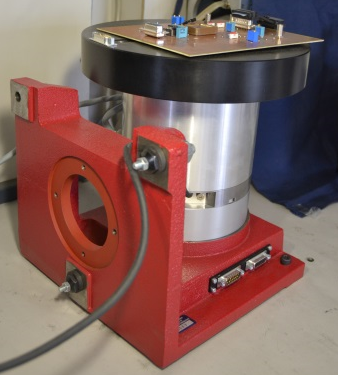 The instrument generates accurate angular rates along a single axis (the vertical axis), with a maximum full-scale of 3000 dps and a maximum frequency of 500 Hz (at a few tens dps).
The instrument generates accurate angular rates along a single axis (the vertical axis), with a maximum full-scale of 3000 dps and a maximum frequency of 500 Hz (at a few tens dps).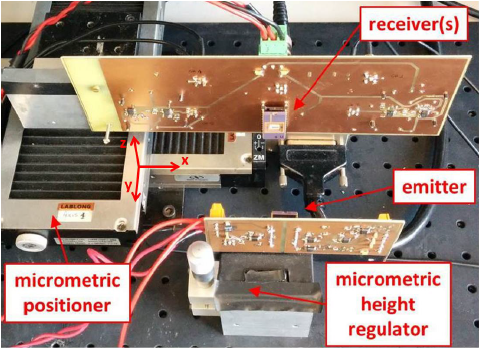 The setup features 2D in-plane automatic motion controller with micrometric precision and a ULTRAN ultrasound transducer for characterization of CMUTs and PMUTs in the range
100 kHz – 10 MHz. Vertical displacement can be obtained through manual micrometric regulators.
The setup features 2D in-plane automatic motion controller with micrometric precision and a ULTRAN ultrasound transducer for characterization of CMUTs and PMUTs in the range
100 kHz – 10 MHz. Vertical displacement can be obtained through manual micrometric regulators.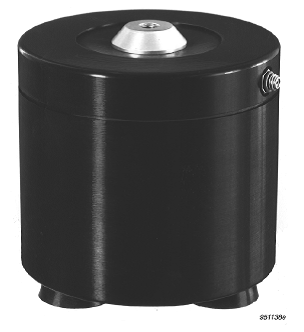 The instrument is capable of generating vibration amplitudes up to a few g (gravity units) at frequencies up to 20 kHz.
The instrument is capable of generating vibration amplitudes up to a few g (gravity units) at frequencies up to 20 kHz.  The instrument is dedicated to the electromechanical characterization of MEMS sensors. Without the need of any interface board,
it easily delivers relevant information about the MEMS under test (rest capacitance, stationary CV curves with pull-in and pull-out,
resonance frequency and Q factor time-domain and frequency-domain analysis).
The instrument is dedicated to the electromechanical characterization of MEMS sensors. Without the need of any interface board,
it easily delivers relevant information about the MEMS under test (rest capacitance, stationary CV curves with pull-in and pull-out,
resonance frequency and Q factor time-domain and frequency-domain analysis).